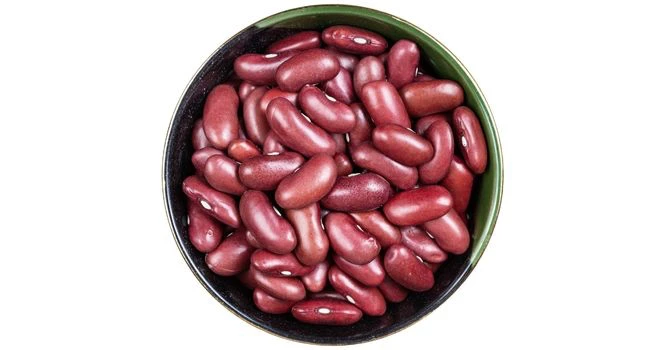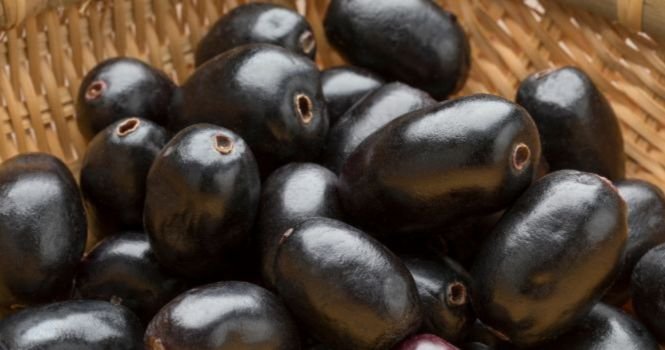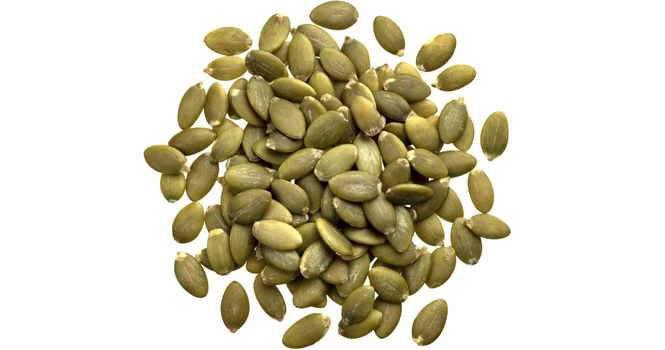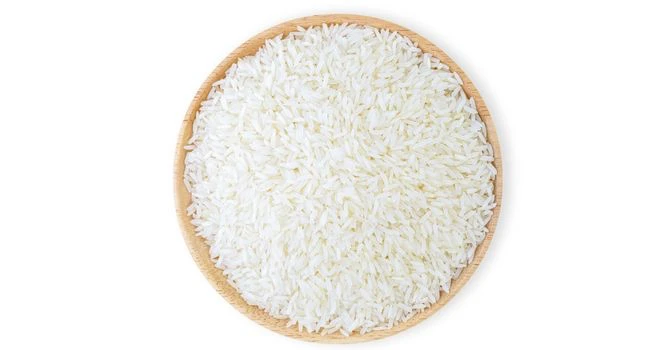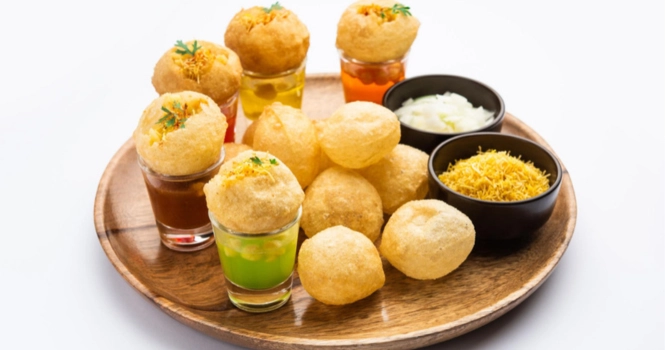Discovering What Makes Cold Pressed Juice Special
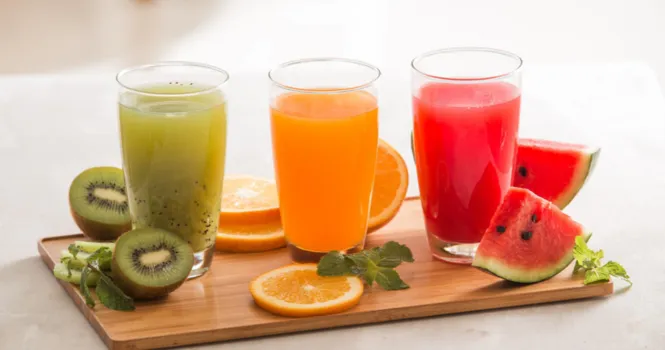
Cold-pressed juice refers to juice that’s extracted from fruits and vegetables using a hydraulic press, a method that distinguishes it from other juicing techniques, such as centrifugal or single auger juicing.
This process involves first crushing and then pressing the produce to yield the maximum amount of liquid, with minimal exposure to heat and air.
This technique is favored for its ability to preserve the nutritional integrity, flavor, and freshness of the ingredients.
Key Features of Cold-Pressed Juice
1. Minimal Oxidation: The cold-pressing process minimizes the exposure of the juice to air, thereby reducing oxidation. Oxidation can degrade nutrients and enzymes, so reducing it helps to preserve these vital components.
2. No Heat Exposure: Cold-pressed juicing does not generate heat, ensuring that heat-sensitive vitamins, enzymes, and antioxidants remain intact. This contrasts with centrifugal juicers, which can generate heat and potentially reduce the nutritional value of the juice.
3. Higher Nutrient Retention: Due to the gentle pressing action, cold-pressed juices often contain a higher concentration of nutrients compared to juices made with other methods. This includes vitamins, minerals, enzymes, and phytonutrients.
4. Better Flavor and Quality: Many enthusiasts claim that cold-pressed juice has a superior taste and quality, with a more vibrant color and deeper flavor profile, reflecting the freshness of the whole fruits and vegetables used.
5. Longer Shelf Life: They can have a longer shelf life than those made by other methods, typically up to 3-5 days when refrigerated properly, thanks to the reduced oxidation and absence of heat in the extraction process.
Health Benefits
- Increased Nutrient Intake: They can provide a concentrated source of nutrients, potentially aiding in meeting daily vitamin and mineral requirements.
- Hydration: These juices can contribute to hydration, especially for those who may not consume sufficient whole fruits and vegetables.
- Digestive Health: The liquid form makes nutrients readily available for absorption, which can be beneficial for individuals with certain digestive issues that may impede the digestion of whole fruits and vegetables.
Considerations
- Sugar Content: Cold-pressed juices, especially those made predominantly from fruit, can be high in natural sugars and calories. Consuming them in moderation is essential, particularly for individuals monitoring their sugar intake or managing diabetes.
- Fiber Loss: The juicing process removes most of the dietary fiber found in whole fruits and vegetables. Fiber is essential for digestive health, blood sugar regulation, and satiety.
- Cost: Cold-pressed juices can be more expensive than traditional juices due to the specialized equipment used and the high volume of produce required to make a single serving.



